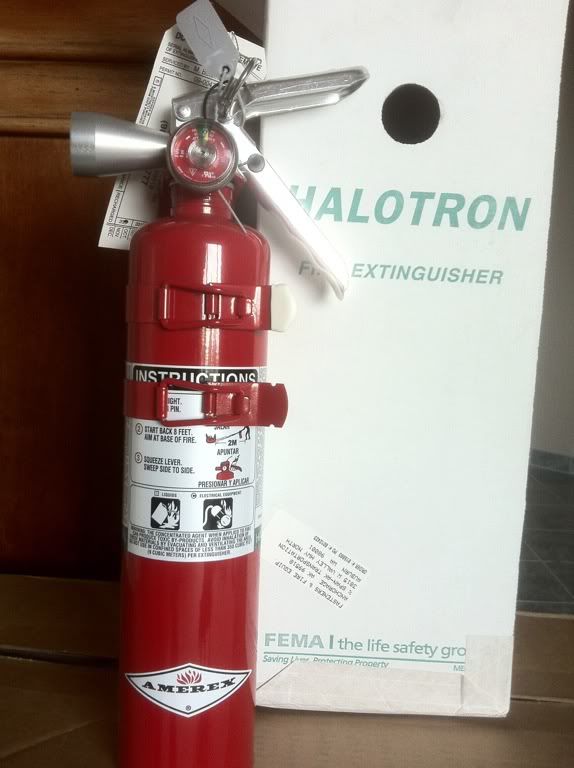Unorthodox
New member
Thats a good point about cold co2 cracking the engine block. I always dreamed of building a centralized co2 extinguisher in my truck to fumigate the engine bay and smother a fire. I also found some cool air actuated solenoids I thought of using to close the fuel line as well when engaged. I do worry about the temperature differential though. I picked co2 initially because I figured I could pick up more at a welding supply if I needed to just about anywhere in the world.


